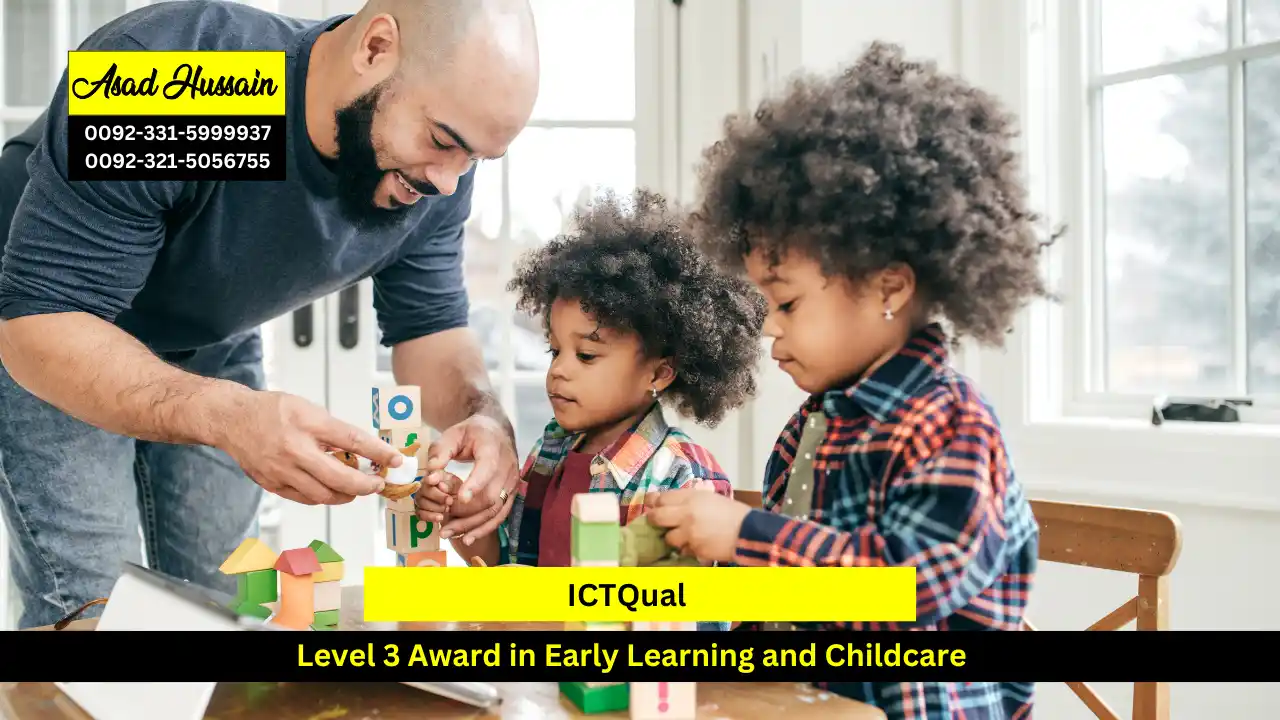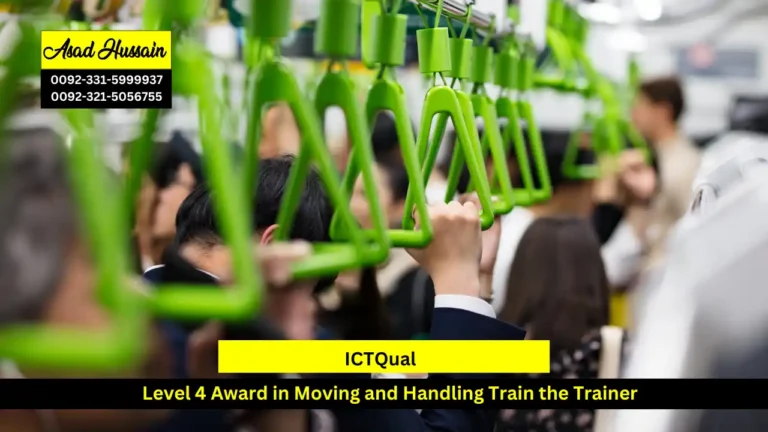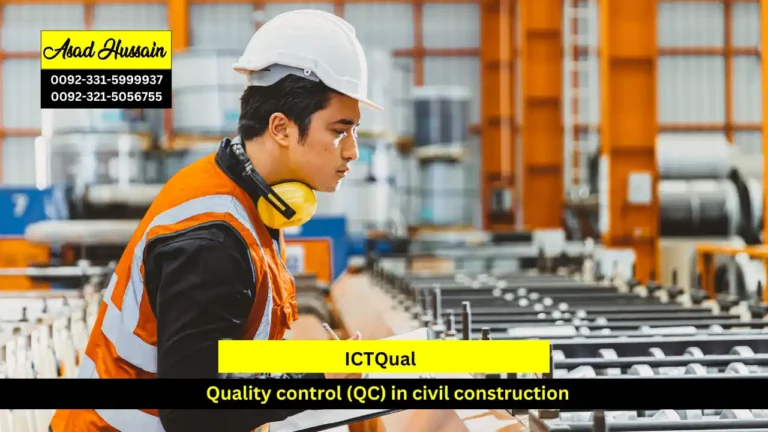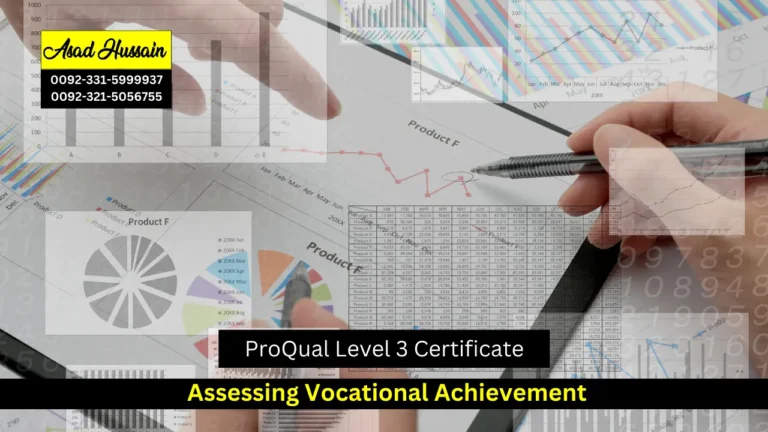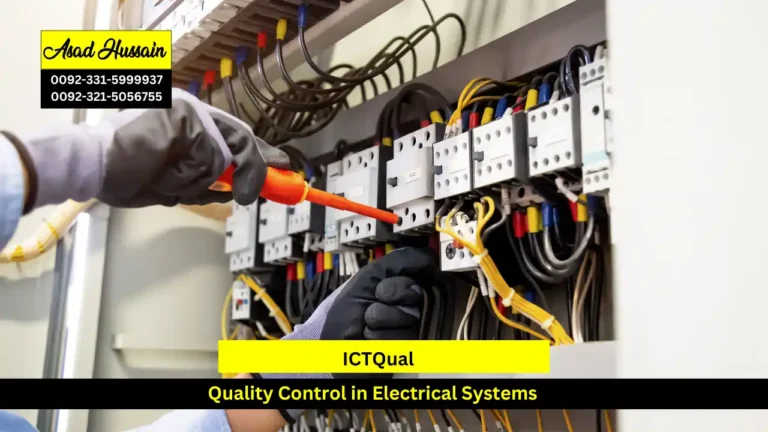In today’s rapidly evolving educational landscape, ensuring that early years practitioners are equipped with the right skills and knowledge is crucial. The ICTQual Level 3 Award in Early Learning and Childcare is a powerful tool designed to enhance the quality of early years education and childcare. This blog post delves into what this award entails, its significance, and how it can benefit both practitioners and the children they support.
The ICTQual Level 3 Award in Early Learning and Childcare is a specialized qualification aimed at professionals working in early years settings. This award focuses on developing the skills and knowledge necessary to effectively support young children’s learning and development. It covers a range of topics relevant to early childhood education and childcare, ensuring that practitioners can provide high-quality care and learning experiences.
For those looking to advance their careers in early childhood education, the ICTQual Level 3 Award is a valuable asset. It not only enhances their qualifications but also demonstrates their commitment to professional growth and excellence in their field.
The ICTQual Level 3 Award in Early Learning and Childcare is more than just a qualification; it’s a pathway to unlocking the full potential of early years education and childcare. By investing in this award, practitioners gain the skills and knowledge needed to provide exceptional care and support to young children, setting the foundation for their lifelong learning and development.
Whether you are an experienced professional looking to enhance your skills or someone new to the field aiming to establish a strong foundation, the ICTQual Level 3 Award offers a comprehensive and rewarding learning experience. Embrace the opportunity to make a lasting impact on the lives of children and advance your career with this invaluable qualification.
Program Highlights
Mandatory Units
- Child Development and Learning
- Curriculum Planning and Implementation
- Observation, Assessment, and Documentation
- Professional Development and Reflective Practice
- Partnership Working with Families and Communities
- Leadership and Management in Early Years Settings
- Supporting Children with Special Educational Needs and Disabilities (SEND)
- Candidates must have successfully completed a Level 2 qualification in Early Learning and Childcare or a related field before enrolling in the Level 3 Award. This ensures that learners have a foundational understanding of early years practice and are prepared for the more advanced coursework at Level 3.
- Candidates are usually required to be at least 18 years old to enroll in the Level 3 Award in Early Learning and Childcare.
- Since the course is conducted in English, proficiency in the English language is essential to comprehend course materials, participate in discussions, and complete assessments effectively.
- Basic technical skills, including proficiency in using computers, conducting data analysis, and understanding mathematical concepts, are beneficial for successfully completing the course requirements.
Child Development and Learning
- Understand Developmental Milestones: Demonstrate knowledge of key stages of child development, including physical, cognitive, social, and emotional milestones.
- Apply Developmental Theories: Apply various child development theories to create effective and developmentally appropriate learning activities.
- Identify Individual Needs: Recognize and respond to individual developmental needs and variations among children.
- Support Holistic Development: Design and implement activities that support the holistic development of children, considering their unique developmental trajectories.
Curriculum Planning and Implementation
- Design Curriculum Plans: Develop comprehensive curriculum plans that align with early years educational frameworks and standards.
- Implement Effective Strategies: Apply teaching strategies and methodologies that promote active learning and engagement among children.
- Adapt and Modify: Modify curriculum plans based on ongoing assessments and the diverse needs of children.
- Evaluate Learning Outcomes: Assess and evaluate the effectiveness of curriculum implementation and make necessary adjustments to enhance learning experiences.
Observation, Assessment, and Documentation
- Conduct Observations: Utilize various observation techniques to gather information about children’s behaviors, interactions, and developmental progress.
- Perform Assessments: Implement appropriate assessment methods to measure children’s learning and development against established benchmarks.
- Document Progress: Maintain accurate and detailed documentation of observations, assessments, and children’s progress.
- Use Data to Inform Practice: Analyze assessment data to inform teaching practices, identify areas for improvement, and plan targeted interventions.
Professional Development and Reflective Practice
- Engage in Professional Learning: Identify and pursue opportunities for ongoing professional development to enhance skills and knowledge in early years education.
- Reflect on Practice: Utilize reflective practice to critically evaluate personal teaching and caregiving approaches, identifying strengths and areas for improvement.
- Set Development Goals: Establish and work towards personal and professional development goals based on self-assessment and feedback.
- Incorporate Feedback: Integrate feedback from peers, mentors, and supervisors to refine and improve practice.
Partnership Working with Families and Communities
- Build Collaborative Relationships: Establish and maintain effective partnerships with families and communities to support children’s learning and development.
- Communicate Effectively: Use effective communication strategies to engage with parents and caregivers, addressing their concerns and involving them in their child’s education.
- Support Family Involvement: Develop strategies to encourage and facilitate family involvement in early years settings.
- Understand Community Resources: Identify and leverage community resources and services to support the needs of children and families.
Leadership and Management in Early Years Settings
- Demonstrate Leadership Skills: Exhibit effective leadership skills, including decision-making, team management, and conflict resolution within early years settings.
- Manage Resources: Oversee the management of resources, including staff, materials, and finances, to ensure the smooth operation of the setting.
- Implement Policies: Apply and adhere to organizational policies and procedures, including those related to health, safety, and safeguarding.
- Promote Team Development: Support and develop team members, fostering a positive work environment and encouraging professional growth.
Supporting Children with Special Educational Needs and Disabilities (SEND)
- Understand SEND Requirements: Demonstrate knowledge of the needs and rights of children with special educational needs and disabilities.
- Implement Inclusive Practices: Apply inclusive teaching practices and adapt activities to accommodate the diverse needs of children with SEND.
- Collaborate with Specialists: Work effectively with specialists, such as speech therapists and educational psychologists, to support children with SEND.
- Monitor and Review Support: Regularly review and adjust support strategies to ensure they are meeting the needs of children with SEND and contributing to their development and well-being.
The ICTQual Level 3 Award in Early Learning and Childcare is tailored for a diverse range of individuals committed to enhancing the quality of early years education and childcare. It is ideal for aspiring practitioners who are entering the field, providing them with a solid foundation in child development and curriculum planning. Experienced early years professionals can deepen their expertise and stay current with best practices through this qualification. It also benefits childcare managers and supervisors by strengthening their leadership and management skills, while support workers and educational consultants gain targeted knowledge to better support children with special educational needs and disabilities. Additionally, parents and career changers interested in early childhood education will find the course valuable for understanding and applying effective educational strategies.

